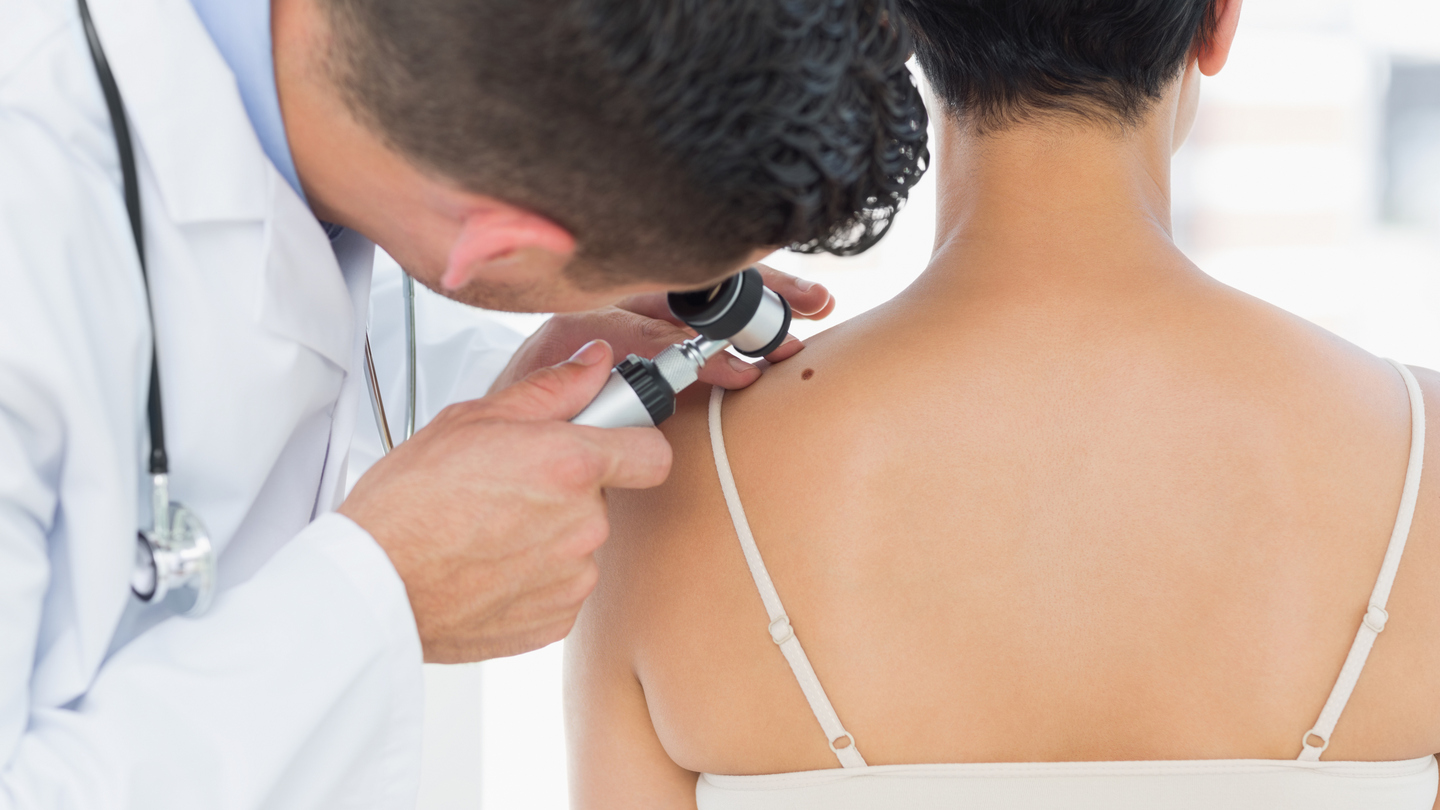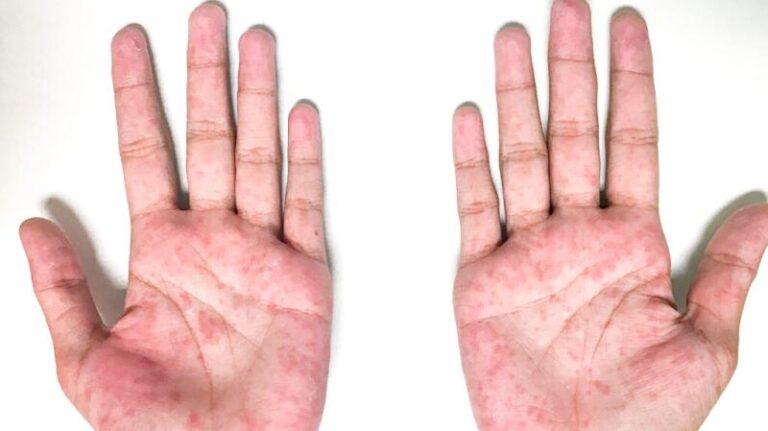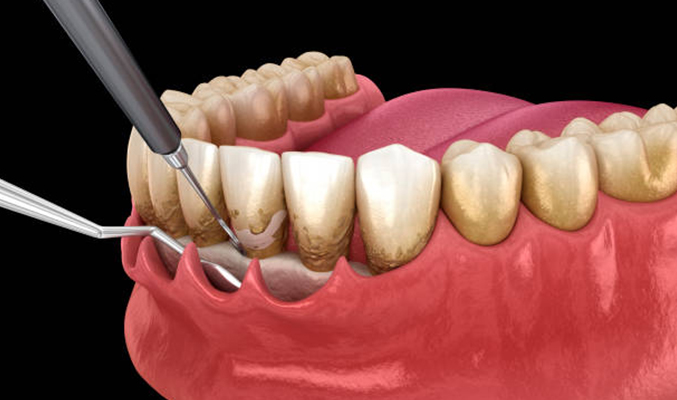When it comes to maintaining healthy skin, consulting a qualified dermatologist is essential. In Dublin, Ireland, numerous dermatologists offer expert care for various skin conditions and concerns. This article aims to provide you with comprehensive information about dermatology services in Dublin, helping you understand what to expect during your visit, common skin issues treated, and how to choose the right dermatologist for your needs.
Understanding Dermatology
Dermatology is a branch of medicine that focuses on the diagnosis and treatment of skin, hair, and nail disorders. Dermatologists are trained to handle a wide range of issues, from cosmetic concerns like acne and eczema to serious conditions such as skin cancer. Understanding the role of a dermatologist is crucial for anyone seeking skin care.
What Does a Dermatologist Do?
A dermatologist’s primary responsibilities include:
- Diagnosis: Identifying skin conditions through visual examinations and, when necessary, laboratory tests.
- Treatment: Providing treatment options that may include topical medications, systemic therapies, and surgical procedures.
- Prevention: Advising patients on how to maintain skin health and prevent future issues.
- Education: Informing patients about skin conditions, treatment options, and proper skincare practices.
Common Skin Conditions Treated by Dermatologists
Dermatologists in Dublin, Ireland, are equipped to handle a wide array of skin issues. Here are some of the most common conditions they treat:
1. Acne
Acne is one of the most prevalent skin conditions, affecting people of all ages. Dermatologists can recommend various treatments, including topical creams, oral medications, and procedures like chemical peels or laser therapy.
2. Eczema
Eczema is a chronic inflammatory skin condition characterized by dry, itchy patches. Dermatologists can provide treatments to manage flare-ups and recommend skincare routines to keep symptoms at bay. Also read here: Understanding Polymorphous Light Eruption: A Comprehensive Guide
3. Psoriasis
Psoriasis is an autoimmune disorder that causes rapid skin cell production, leading to thick, red, scaly patches. Dermatologists can prescribe medications and discuss lifestyle changes to help manage this condition.
4. Skin Cancer
Skin cancer is a serious concern that requires prompt diagnosis and treatment. Dermatologists in Dublin can perform skin checks, biopsies, and various treatment options depending on the type and stage of skin cancer.
5. Rosacea
Rosacea is a chronic skin condition that causes redness and visible blood vessels on the face. Treatment options may include topical and oral medications, along with lifestyle recommendations.
6. Warts and Skin Tags
These common skin growths can be bothersome for many people. Dermatologists can remove warts and skin tags using various methods, including cryotherapy and laser treatments.
The Importance of Choosing the Right Dermatologist in Dublin
Selecting the right dermatologist is crucial for effective treatment and care. Here are some factors to consider when choosing a dermatologist in Dublin, Ireland:
1. Qualifications and Experience
Ensure that the dermatologist is qualified and holds a valid medical license. Look for additional certifications in dermatology and inquire about their experience in treating specific conditions.
2. Specialization
Some dermatologists specialize in particular areas, such as cosmetic dermatology, pediatric dermatology, or dermatopathology. If you have specific skin concerns, finding a dermatologist with the right specialization can enhance your treatment experience.
3. Reputation and Reviews
Reading reviews from other patients can give you insight into a dermatologist’s skills and bedside manner. Consider seeking recommendations from friends, family, or healthcare providers.
4. Location and Accessibility
Choose a dermatologist whose office is conveniently located and easy to access. This consideration is particularly important for those requiring frequent visits.
5. Communication Style
Effective communication is vital in a doctor-patient relationship. Ensure that the dermatologist is approachable, listens to your concerns, and explains treatment options clearly.
Preparing for Your Dermatology Appointment
To make the most of your appointment with a dermatologist in Dublin, consider the following tips:
1. List Your Concerns
Before your appointment, write down any skin issues you want to address. This list will help ensure that you don’t forget to mention anything important during your visit.
2. Bring Relevant Medical History
Provide your dermatologist with your medical history, including any previous skin conditions, treatments, allergies, and medications you are currently taking.
3. Prepare for Questions
Be ready to answer questions about your skin, including when issues started, what triggers flare-ups, and any treatments you’ve tried. This information will help your dermatologist diagnose and treat your condition effectively.
4. Ask Questions
Don’t hesitate to ask your dermatologist questions about your condition, treatment options, and expected outcomes. Understanding your treatment plan is essential for successful management.
Treatment Options Offered by Dermatologists in Dublin
Dermatologists in Dublin offer a variety of treatment options tailored to individual patient needs. Here are some common treatments you may encounter:
1. Topical Treatments
Topical medications, such as creams, gels, and ointments, are frequently used to treat various skin conditions. These treatments can help reduce inflammation, clear acne, and alleviate dryness.
2. Oral Medications
For more severe skin conditions, dermatologists may prescribe oral medications, including antibiotics, hormonal treatments, or immunosuppressants. These medications work from within the body to address underlying issues.
3. Phototherapy
Phototherapy involves exposing the skin to specific wavelengths of light to treat conditions like psoriasis and eczema. This treatment can reduce inflammation and promote healing.
4. Cosmetic Procedures
Many dermatologists also offer cosmetic treatments to enhance skin appearance. Common procedures include:
- Chemical Peels: To exfoliate and improve skin texture.
- Laser Therapy: To treat pigmentation, scars, and wrinkles.
- Botox and Fillers: For reducing fine lines and adding volume to the face.
5. Surgical Procedures
In cases where skin growths, lesions, or cancers need to be removed, dermatologists may perform minor surgical procedures. These procedures can often be done in the office with local anesthesia.
Aftercare and Follow-Up
After receiving treatment from a dermatologist in Dublin, following post-treatment care instructions is essential for optimal results. Here are some general aftercare tips:
1. Follow Instructions
Adhere to any post-treatment instructions provided by your dermatologist. This may include skincare routines, medication use, and avoiding sun exposure.
2. Monitor Your Skin
Keep an eye on your skin for any changes or reactions following treatment. If you notice anything unusual, contact your dermatologist promptly.
3. Schedule Follow-Up Appointments
Regular follow-ups may be necessary to monitor progress and adjust treatment plans. Stay proactive about your skin health by attending these appointments.
Understanding the Costs of Dermatology Services in Dublin
The cost of dermatology services can vary based on several factors, including the type of treatment, the dermatologist’s experience, and whether you have private health insurance. Here are some key points to consider:
1. Consultation Fees
Initial consultations with dermatologists typically incur a fee. This cost can range widely depending on the practice and the dermatologist’s experience.
2. Treatment Costs
The cost of treatments can vary significantly. For example, topical medications may be less expensive than laser therapies or surgical procedures. Always ask for a breakdown of costs during your consultation.
3. Insurance Coverage
Check with your health insurance provider to see what dermatology services are covered. Some insurance plans may require a referral from a primary care physician.
Conclusion
Finding a qualified dermatologist in Dublin, Ireland is crucial for maintaining healthy skin and addressing any concerns you may have. By understanding the role of a dermatologist, the common skin conditions treated, and how to prepare for your appointment, you can take proactive steps toward better skin health. Always prioritize communication with your dermatologist and follow their guidance for the best possible outcomes. Whether you’re dealing with acne, eczema, or more serious skin conditions, the right dermatologist can help you achieve healthier skin and enhance your overall well-being. Now equipped to navigate your journey toward better skin health with confidence.













